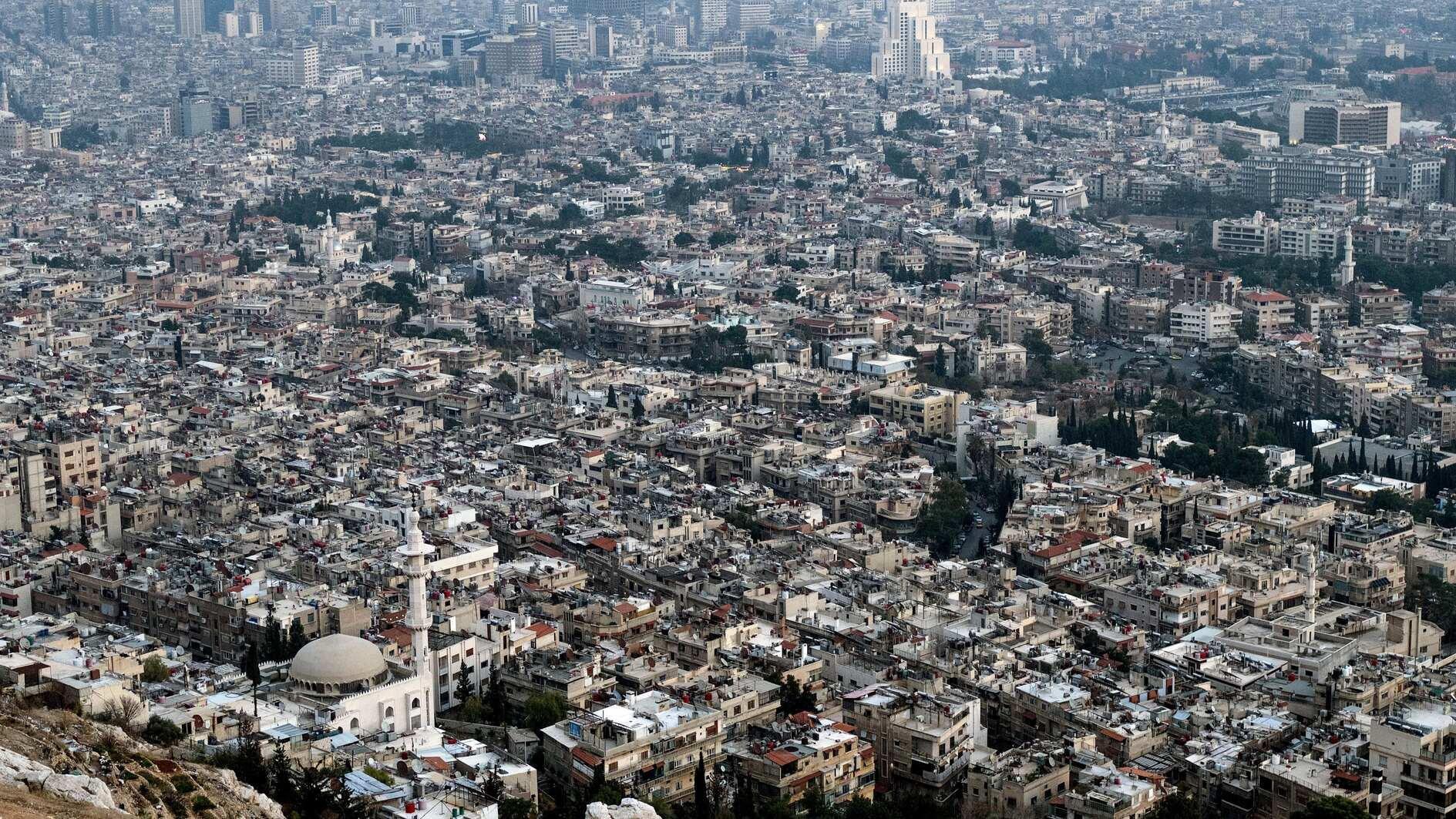
Authorities in southern Syria evacuated a group of Druze residents from the city of Sweida on July 29 under security escort and with government coordination.
“Under government facilitation and security protection, a group of Druze citizens who wished to leave Sweida have been evacuated,” the governorate said in a statement.
The evacuation was conducted via the Busra al-Sham humanitarian crossing in Daraa province using a convoy of five buses. The statement did not disclose the final destination, though Daraa has previously received displaced residents from Sweida at temporary shelters.
Since a July 19 ceasefire, a fragile calm has returned to the city following a week of deadly fighting between armed Druze groups and Bedouin tribes that left hundreds of people dead, according to the Syrian Network for Human Rights (SNHR).
Syria’s transitional government, which came to power after the ouster of President Bashar al-Assad on Dec. 8, 2024, has pledged to restore security nationwide and defuse local tensions through negotiated settlements.
Meanwhile, the first group of Syrian refugees returned home from Lebanon on July 29 under a new plan the United Nations developed with the Lebanese government following the downfall of Assad.
Syria's uprising-turned-conflict displaced half of the country's pre-war population of 23 million over the last 14 years. Lebanon hosted an estimated 1.5 million refugees, at one point making up roughly a quarter of its six million people, with many having been smuggled across the border and unregistered with the U.N.
The new plan has the U.N. refugee agency offering $100 in cash to each repatriated Syrian refugee and the Lebanese authorities waiving any fees or fines they owe. The UNHCR and the International Organization for Migration will provide them with buses for their return journey.
The UNHCR also says it will help returning Syrians with "cash grants, legal assistance for civil documents, psychosocial support, livelihood opportunities, and other protection services.”
Lebanese authorities have repeatedly requested the repatriation of Syrian refugees over the years, a call that grew louder with the widespread poverty in the Mediterranean country and shrinking funding for aid agencies. But Syria under Assad was not yet safe for their return, according to major rights organizations.
Many Syrians had also previously said the war, forced conscription under Syria’s former government, and unpaid residency fines in Lebanon have held them back from returning.